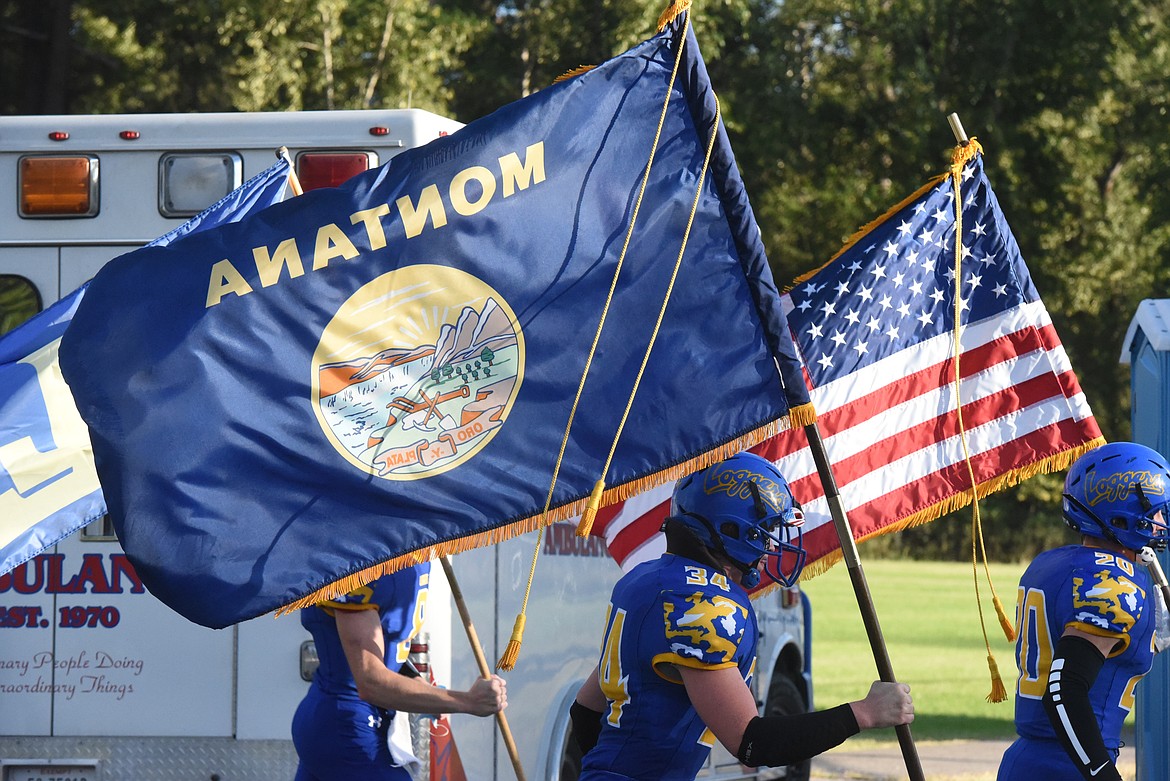Public schools prepare to include private, homeschool students in extracurriculars
Libby Public Schools administrators are grappling with the practical implications of a new state law that allows private and homeschool students to participate in public school extracurriculars.
“It’s easy to say ‘kids can compete,’ but it's not so easy to say ‘how does it look and how is it going to be managed,’” said Jim Germany, athletic director, during a May 10 school board meeting...
Become a Subscriber!
You have read all of your free articles this month. Select a plan below to start your subscription today.
Already a subscriber? Login



